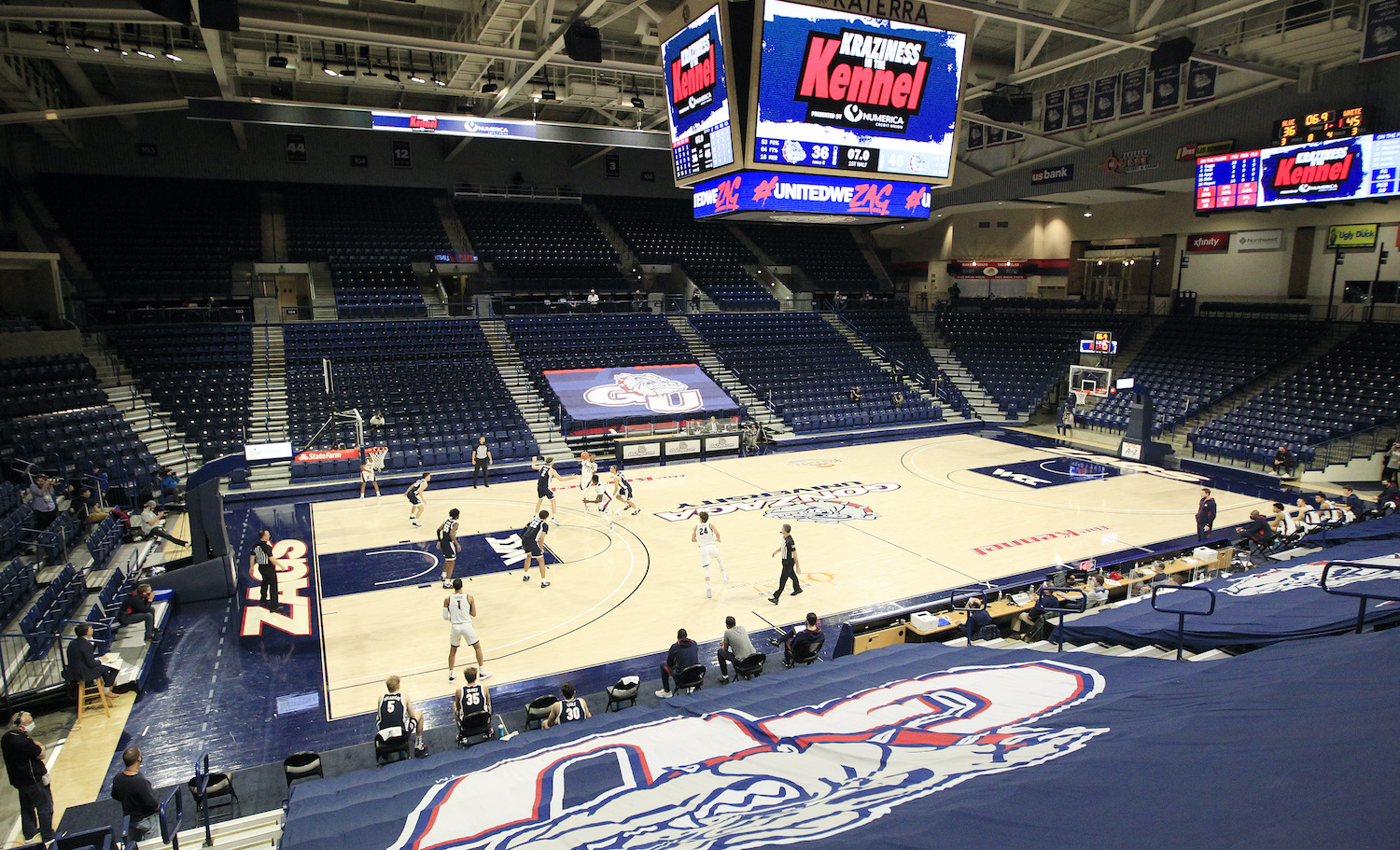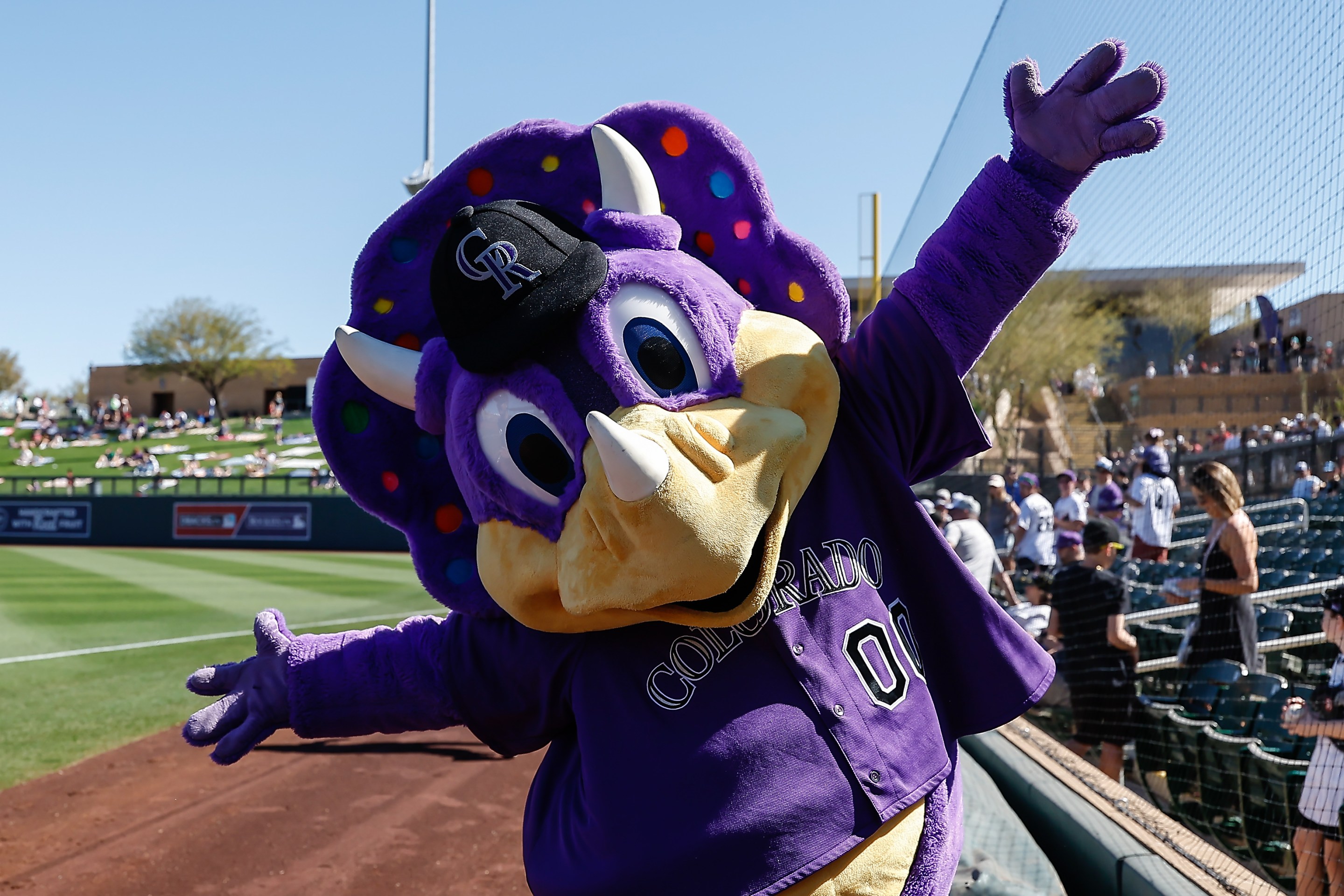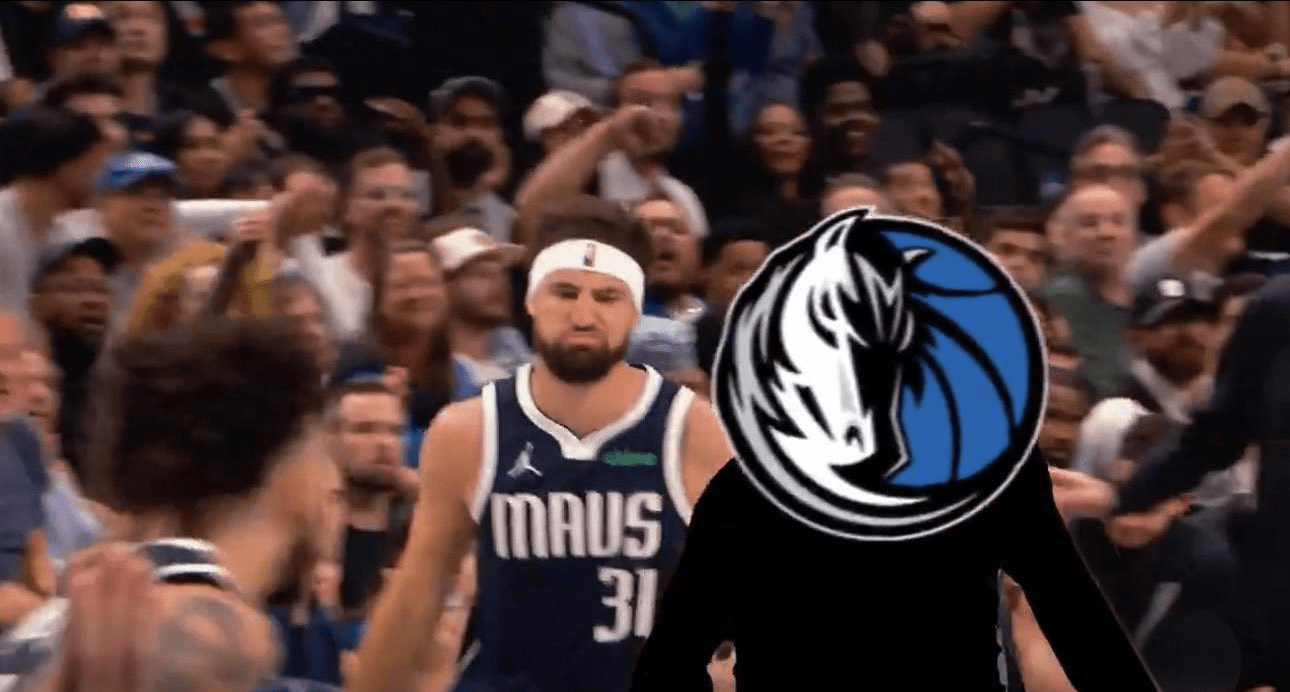The Duke men's basketball team was supposed to start its season in the Bahamas this week. That tournament was canceled, although every team besides Duke agreed to attend a makeup tournament held in South Dakota, which has one of the highest coronavirus testing positivity rates in the world. As the tournament approached and case numbers exploded across the nation, both Texas A&M and Creighton dropped out of the men's tournament this week due to COVID concerns, following the departures of Utah, Ohio State, and Dayton. Wichita State stepped in to help fill the void, only for multiple players to test positive upon their arrival Monday night.
This compounded scheduling chaos is not unique to the South Dakota tournament, or any of the other teams who had season-opening games postponed this week. Anyone who has paid any attention to the embarrassing mess that is this year's college football season won't be surprised to learn that the college basketball season is opening amid its own overwhelming wave of positive tests and cancellations.
The top-ranked Baylor men's team won't travel to Connecticut to open its season against Arizona State, because head coach Scott Drew tested positive. The UConn women's team will miss its first four games due to a positive test. Coaches for the Arizona and Louisville women's teams are out here on Twitter asking for someone to get in touch to schedule a game. The Utah men's team, which stayed away from the South Dakota disaster zone, is losing their opener anyway. Tennessee men's coach Rick Barnes, Syracuse's Jim Boeheim, and Michigan State's Tom Izzo have all recently tested positive for the coronavirus. The disgraced Rick Pitino, who now coaches Iona, looks like the only reasonable person in the sport.
What's remarkably audacious about the insistence to have a season is that the NCAA is moving forward with out-of-conference tournaments across the country, all being held at a time when COVID-19 cases are three times higher than the summer spike, while the number of deaths are inching up toward their mid-April peak. Non-conference games serve a crucial purpose for NCAA Tournament seeding, and more importantly for administrators, they bring in tons of money. Those games also bring together teams from all corners of the nation—many of whom have to fly commercial—to efficiently share germs with one another.
"At this point, I’m not sure why we’re trying," a major conference official told Yahoo's Pete Thamel. “I wonder if in like 10 to 14 days it will be shut down." One "high-major coach" told Stadium's Jeff Goodman, "It’s irresponsible. But people only care about money."
Unlike football, basketball is played indoors, and unlike other indoor sports, college basketball will not be played inside of a bubble. Officials running several early-season tournaments are putting forth a token effort to contain the virus—the South Dakota tournament will be played without fans, and players will be tested every other day—though none of that constitutes a true bubble, a structure that can't simply be set up or maintained for an unpaid labor force constantly on the move.
Many non-conference games will be played at a casino in Connecticut. ESPN spoke to the casino's chief marketing officer—already a red flag—who said the casino is equipped with UV lights, temperature scanners, and a mandatory mask order. This was his sales pitch on why the games will be safe:
"From a team perspective, they can stay on their own hotel tower floor. They can leave those hotel rooms, come [to the] back of house, get to their meetings, get to the arena. They don't have to walk through the casino if they don't want to. How strict do the teams really want to take it? If they want their teams completely quarantined and away from everyone else, we can accommodate that. It just depends on what that team wants to set up."
ESPN
What this CMO is describing is not anything close to a "bubble." The idea that a "robust" system of some temperature scanners (which are bunk) and the option to not walk through the casino are going to do anything is laughable.
Even if you want to take the NCAA on its own terms here and entertain the argument that the season should be happening now, and not in the not-too-distant future where an accessible vaccine could exist, this is still absurdly avaricious. The NCAA was short $375 million in payouts due to the cancellation of last year's men's tournament. All that matters is hosting a passable version this year, even if it's all in one city. Flying to Kristi Noem's Libertarian Freedom Zone instead of focusing on conference scheduling is woefully shortsighted. As the NFL and college football seasons have shown, the idea that any NCAA protocols will keep basketball players and coaches safe from contracting the virus is also not realistic.
All that said, there was never any reason to expect the NCAA to put safety or long-term vision ahead of greed here. This is how it will always operate. Whatever disasters await are of its own making.





